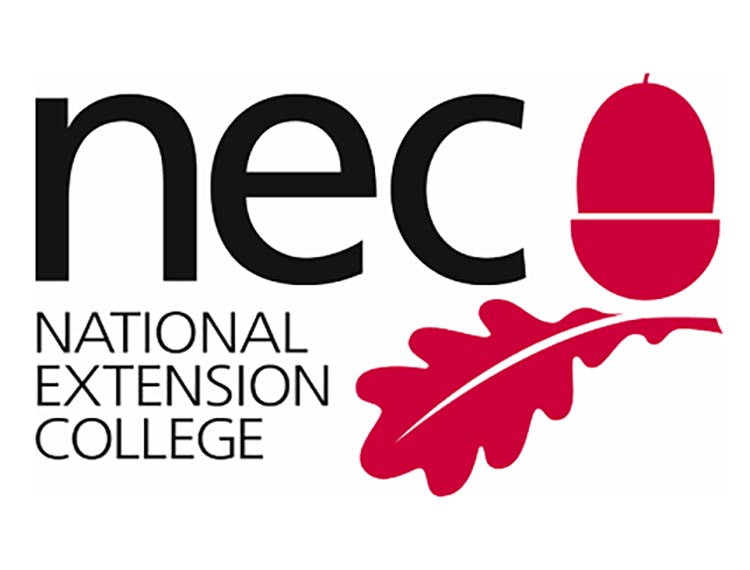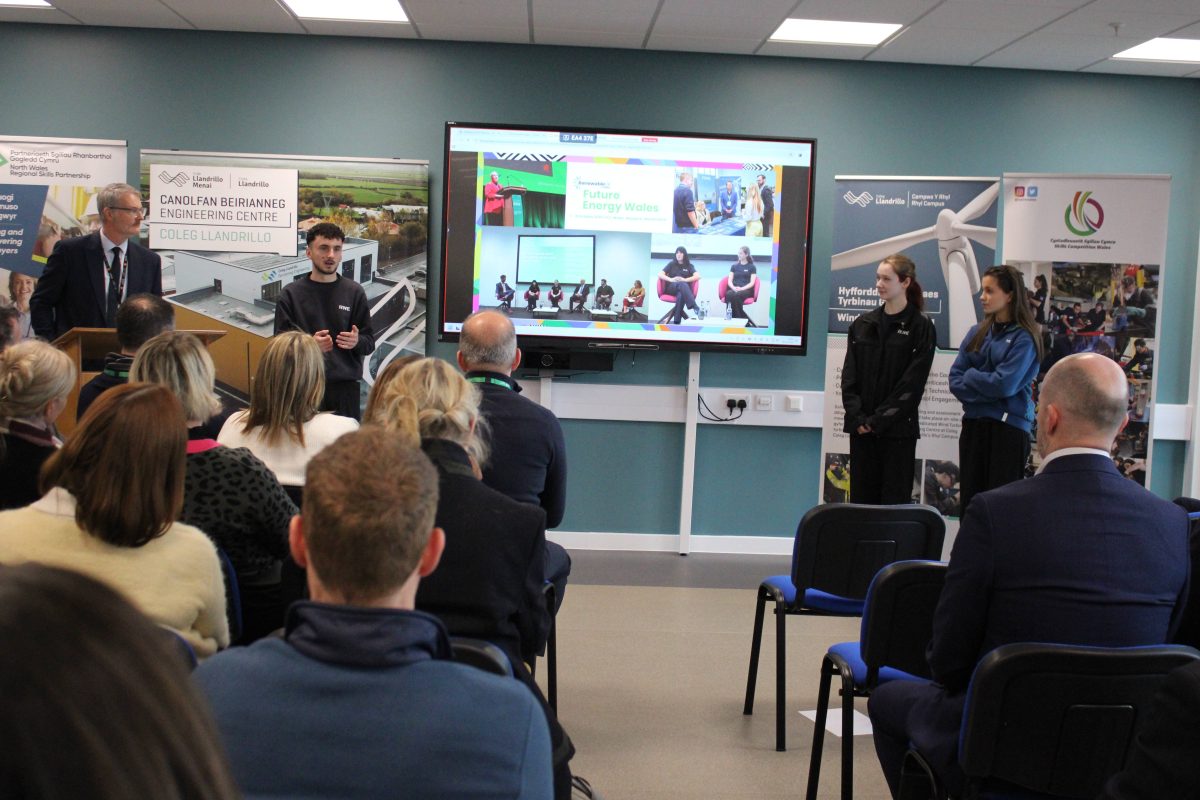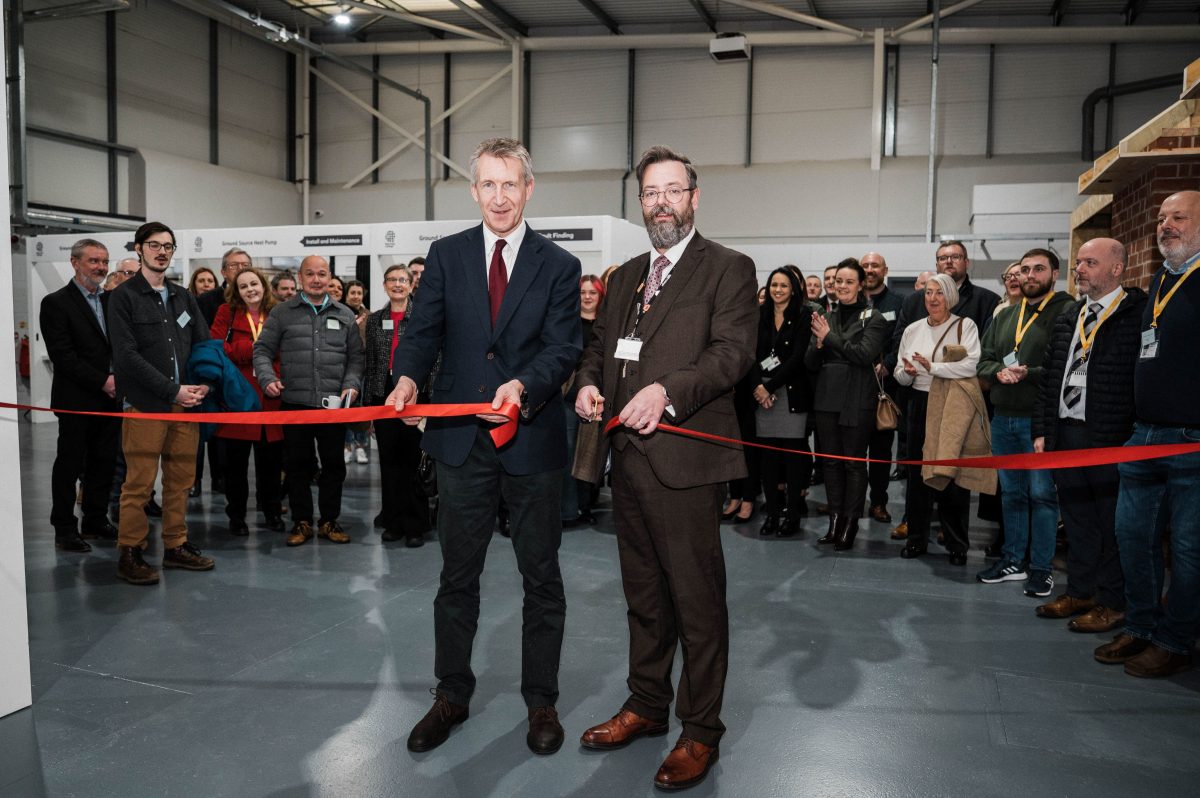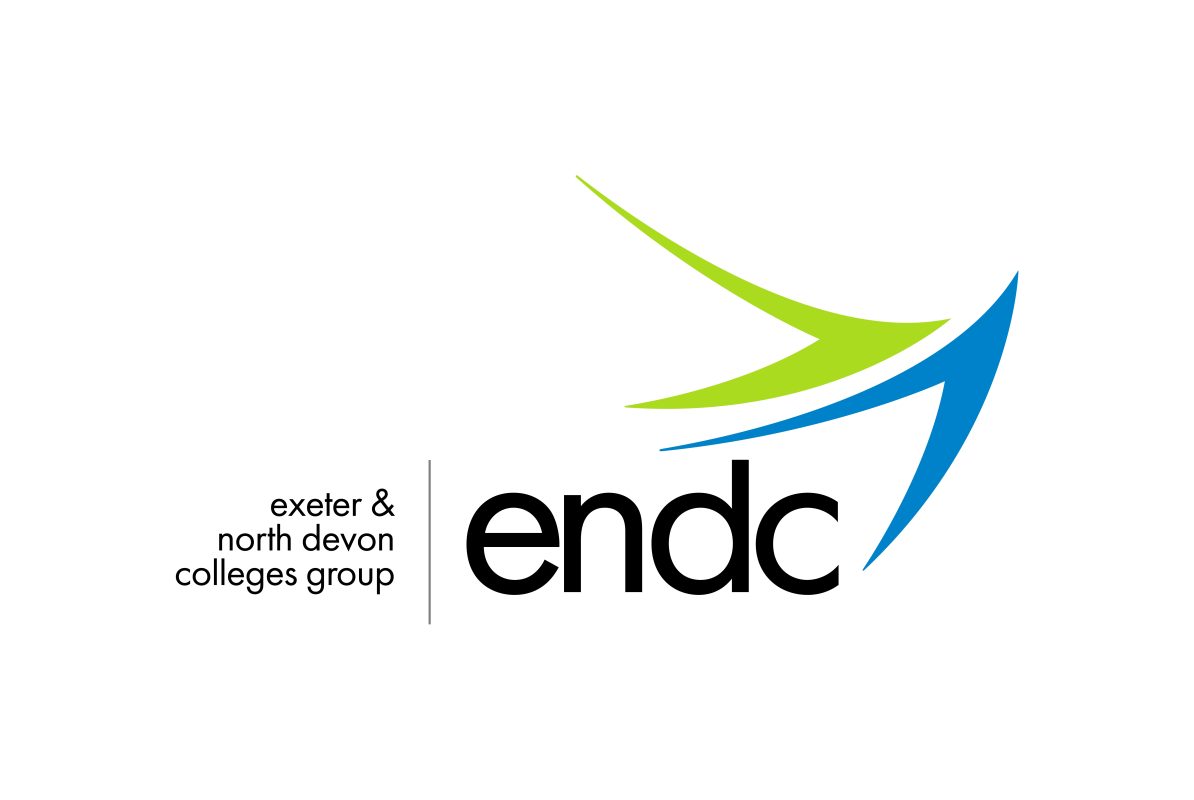Second chance learning to address skills shortages and nursing and teaching recruitment

The government’s industrial strategy green paper, published in January this year, acknowledges the UK’s significant adult basic skills problem, and the challenge for lifelong learning in responding to the accelerating pace of technological change by enabling people to acquire new skills throughout their working lives.
Figures published last year by Offa (Office for Fair Access) showed a 50 per cent drop in the number of students aged over 21 going into higher education between 2006 and 2016. The same report shows that universities failed to meet a third of targets relating to mature students in 2014/15.
Access to flexible provision at A level and GCSE is vital if candidates are to meet university entry criteria and be offered a place on their course of choice. Early this year, the government launched a recruitment drive to attract the best graduates into nursing as one way of addressing the profession’s recruitment shortfall. Nurses have to have a GCSE in English language or literature, maths and a science at grade C or 4. Many universities also ask applicants for an undergraduate degree in nursing for a science or social science A level.
Like nursing, teaching is a profession struggling to recruit. The most recently published data in the government’s school workforce survey in England shows a fall of 14.9% in the number of full-time classroom teachers working in secondary schools between 2010 and 2016. Figures cited in a report published by the House of Commons Education Select Committee in February this year show that one third of teachers starting jobs in English state schools in 2010 had left the profession within five years. To apply for a place on a teacher training course, candidates need GCSE English and maths at grade C (4 under the new grading system) or above.
Last year, NEC’s campaign An Exam System That Works for Everyone was successful in bringing about a change in the way non-examination assessments (for example science practicals and foreign language orals) for the new A levels and GCSEs are carried out. As a result of the changes in procedure made by the exam boards, private candidates can now study mainstream subjects such as A level sciences, English language, English literature and history, and GCSE English Language on an equal footing with pupils in schools and colleges.











Responses